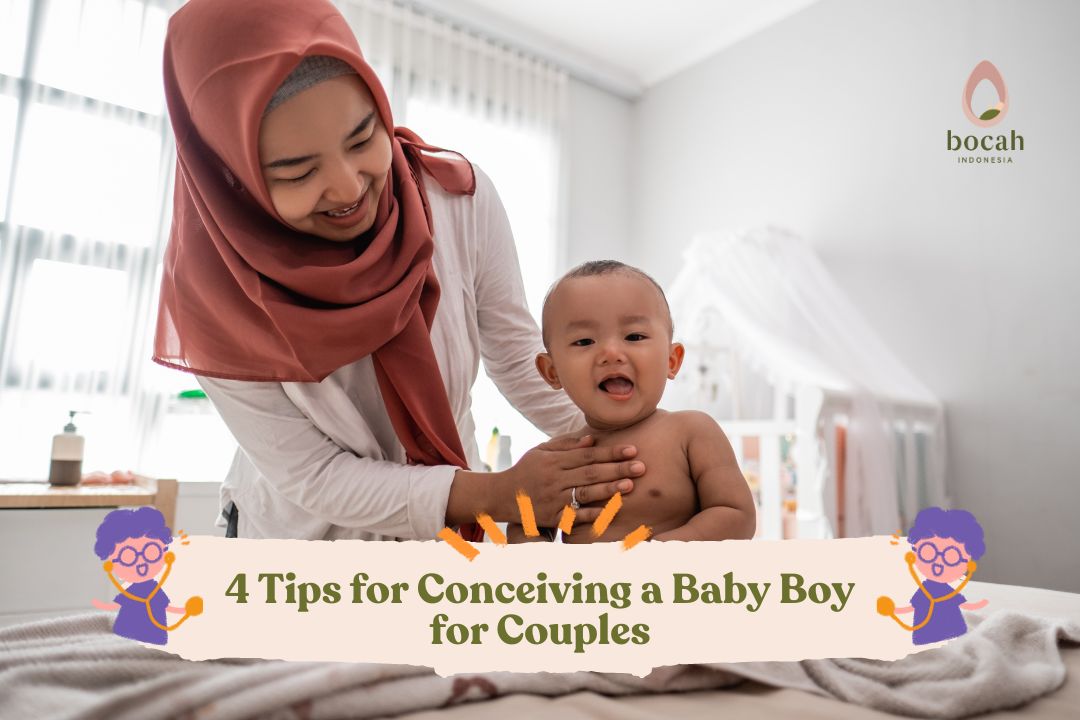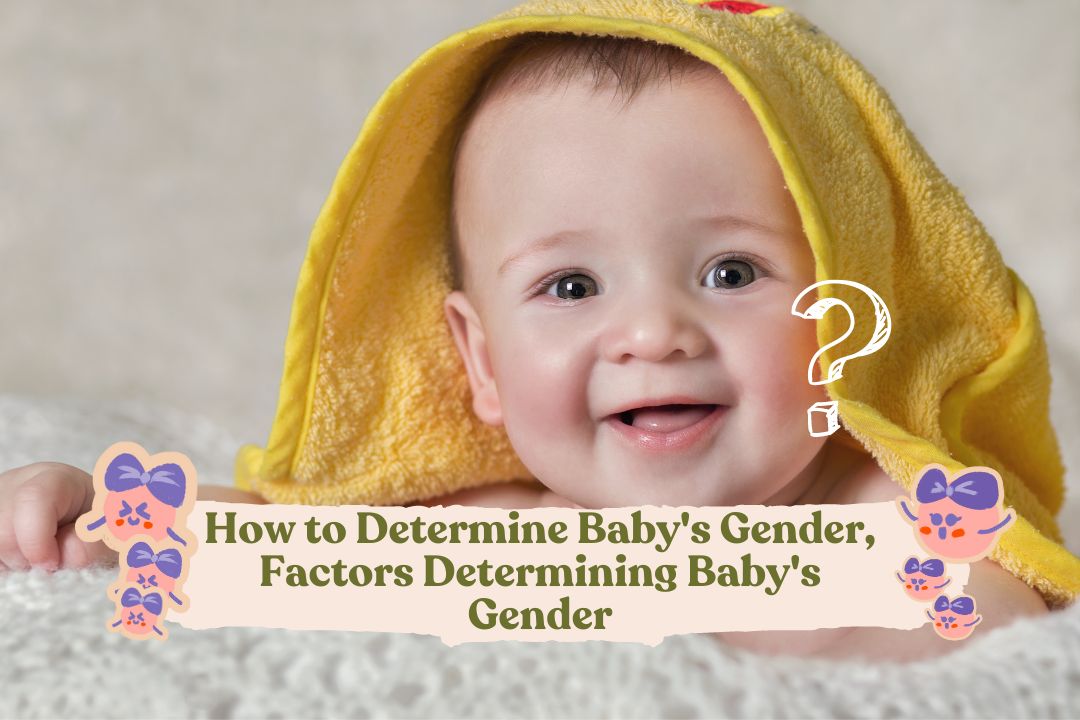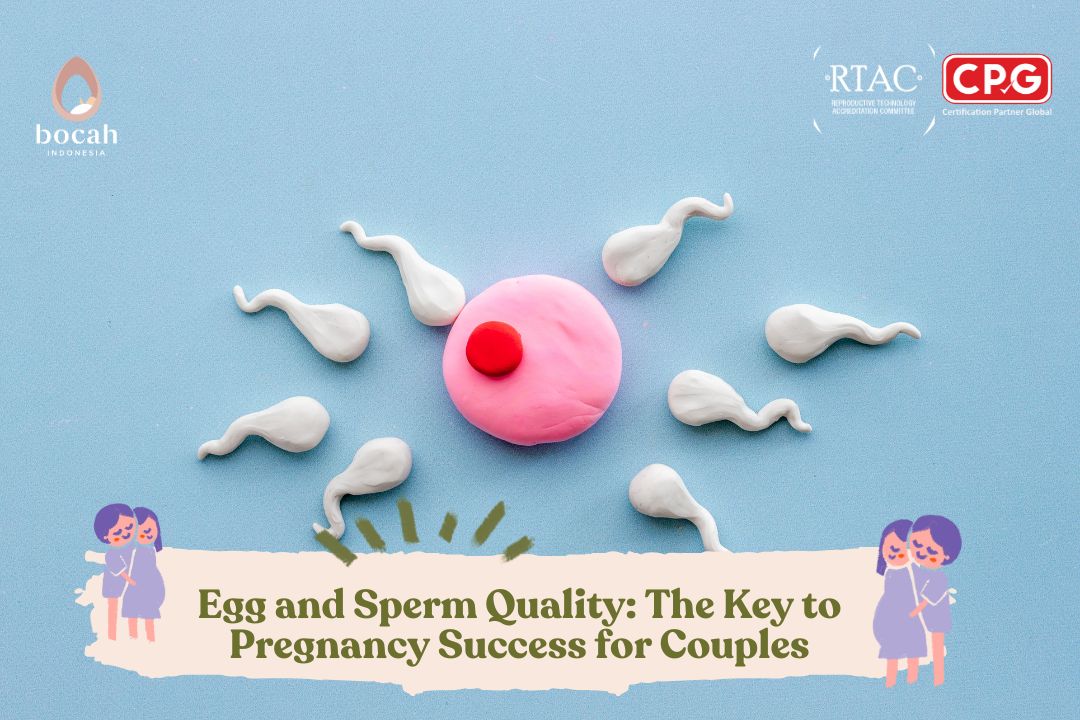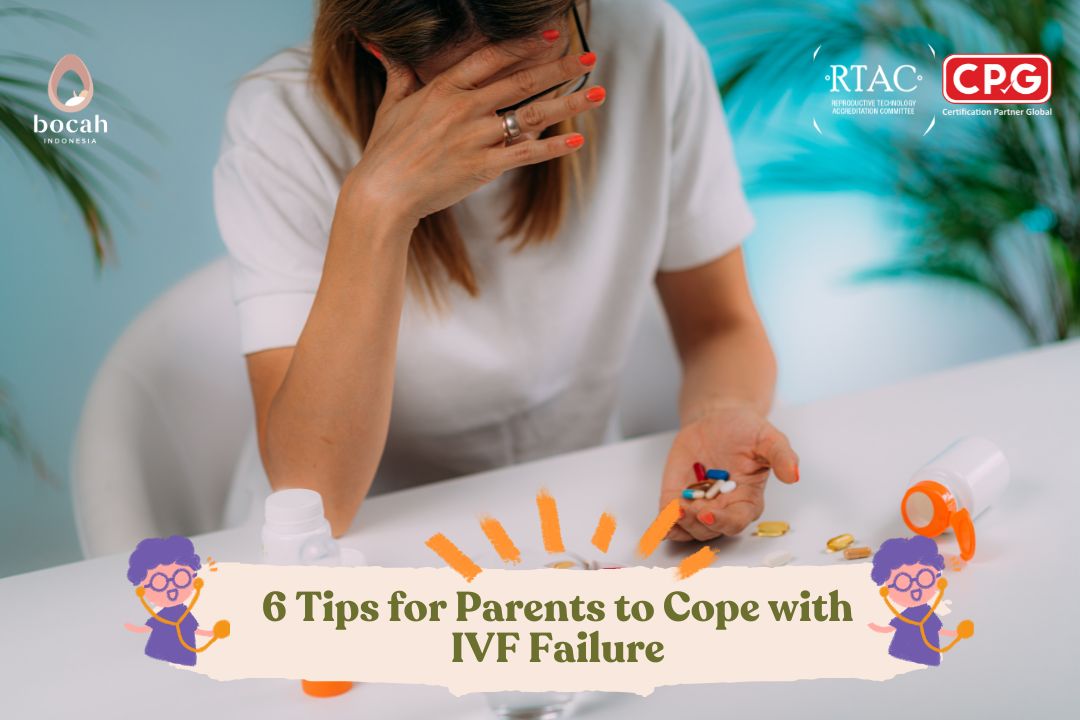4 Tips for Conceiving a Baby Boy for Couples

There is no guaranteed method proven effective in determining a baby’s gender naturally.
For some couples, the baby’s gender is an important consideration when deciding to have children. In certain traditions, the first child in a family is expected to be a boy. Unfortunately, the baby’s gender cannot be chosen at will.
So, are there any tips for couples who desire a baby boy? Let’s take a closer look.
Is There Really a Way to Conceive a Baby Boy?
In essence, there is no guaranteed way to naturally conceive a boy or a girl as desired. The chances of conceiving a baby of a particular gender are random. The likelihood of conceiving either a girl or a boy is 50:50.
The gender is determined by the combination of X chromosomes from the egg and sperm. If you desire a baby boy, the combination will be XY. On the other hand, if you hope for a baby girl, the combination will be XX. This largely depends on which sperm wins the race to the egg.
Mulai Journey of Hope
A study published in 2008 involving 927 family lineages showed that a baby’s gender is predominantly determined by the father. The study also mentioned that it’s not only the chromosomes in the sperm that determine the baby’s gender, but also that some fathers tend to have more boys.
Ways to Increase the Chances of Conceiving a Baby Boy
If you and your partner are eager to have a baby boy, there are several natural methods that can be attempted to increase the chances. Although there is no scientific proof, the following methods are easy to try to support the goal of conceiving a baby boy.
1. Diet Regulation
One way to potentially increase the chances of conceiving a baby boy is by adopting a healthy diet. A study published in the journal Proceedings of The Royal Society B mentioned that women who consume foods high in sodium and potassium may have a higher chance of conceiving a boy.
Additionally, consuming alkaline or basic foods might also help increase the chances of having a baby boy. Some alkaline foods include spinach, tomatoes, carrots, fish, corn, papaya, and watermelon. There is also research suggesting that women who want to conceive a boy can consume foods high in potassium, such as bananas, sweet potatoes, and white beans.
2. Intimate Positioning
Shettles proposed that deep penetration during intercourse could be a factor in increasing the chances of conceiving a boy. Deep penetration allows the male partner to ejaculate closer to the cervix and uterus, helping the Y chromosome sperm reach the egg faster. Some intimate positions that allow for deeper penetration include the woman on top and doggy style. Although there is no scientific evidence, it doesn’t hurt to try.
3. Timing Intercourse Timing
intercourse is also believed to influence the chances of conceiving a baby boy. It is recommended to have intercourse close to the time of ovulation, ideally around 12 hours after ovulation. This is because the Shettles method believes that sperm carrying the male gene is more fragile compared to sperm carrying the female gene.
4. Undergoing IVF
One way to select the gender of your baby is through in vitro fertilization (IVF). Before the embryo is implanted into the uterus, doctors can perform preimplantation genetic testing (PGT) to determine the gender of the embryo. However, patients should always consult with their doctor first.
Those are some methods that can be tried to increase the chances of conceiving a baby boy. It’s important to remember that these methods are not scientifically proven. However, if you and your partner want to try them, there’s no harm in giving it a go.
Source:
- Gellatly, C. (2009). Trends in Population Sex Ratios May be Explained by Changes in the Frequencies of Polymorphic Alleles of a Sex Ratio Gene. Evolutionary Biology 36(2):190-200.
- Matthews, F., et al. (2008). You Are What Your Mother Eats: Evidence for Maternal Preconception Diet Influencing Foetal Sex in Humans.
- Wilcox, AJ., et al. (1995). Timing of Sexual Intercourse in Relation to Ovulation — Effects on the Probability of Conception, Survival of the Pregnancy, and Sex of the Baby. N Engl J Med 1995; 333:1517-1521.













2 Responses
How to make sure more of y chromosome are released
Hello Bunda KIPNGETICH MUTAI,
For more accurate answers, it’s best to consult further with Ferly (Bocah Indonesia Admin) to schedule an appointment with the doctor.
Click here